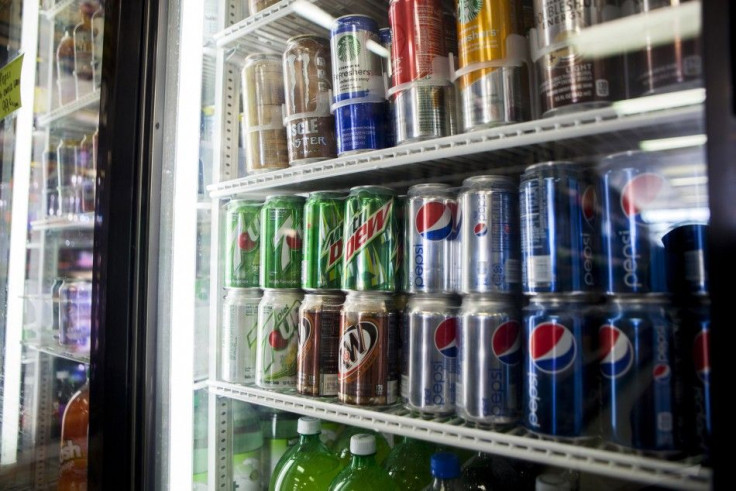Study: Two or more sweetened drinks heighten risk of heart failure in men

Drinking two or more glasses of sweetened beverages a day is associated with an increased risk of heart failure in men, a new study reveals.
According to researchers from Karolinska Institute in Sweden, the consumption of at least two 200 ml daily servings of sweetened drinks is linked with a 23 percent heightened risk of developing heart failure compared with no consumption.
For the study published online in the journal Heart, the team analysed more than 42,000 men aged between 45 and 79. In a food frequency questionnaire, the participants were asked to record their average consumption of 96 food and drink items over the preceding year. Their log included daily and weekly standard servings of sweetened drinks.
Tea, coffee and fruit juice were not included in the study, and there was no distinction made in drinks sweetened with sugar, fructose or glucose and artificial sweetener.
Within 12 months of monitoring, the researchers found 3,604 new cases of heart failure, and 509 people died of their condition. The researchers also carried out further analysis to exclude all those diagnosed with heart failure during the first five years of the monitoring period. It showed similar results, increasing the associated heightened risk to 25 percent.
The researchers noted that what they did was an observational study, so no definitive conclusions can be drawn about cause and effect. Since the study only involved older white men, the findings may also not be applicable to younger age groups, women or certain ethnicities.
However, the team pointed out that their findings could help doctors in giving out dietary advice to prevent heart failure. “'Our study findings suggest that sweetened beverage consumption could contribute to heart failure development. These findings could have implications for heart failure prevention strategies,” they told the Telegraph.
In an accompanying editorial, Professors Miguel Martínez-González and Miguel Ruiz-Canela of the Department of Preventive Medicine and Public Health, University of Navarra, and the Biomedical Research Center Network on Obesity and Nutrition, Madrid, Spain, noted that several questions remain to be answered in the study.
Despite this, they said that well-known association of sweetened beverages with obesity and type 2 diabetes reinforces the biological plausibility of the study’s findings. “Based on their results, the best message for a preventive strategy would be to recommend an occasional consumption of sweetened beverages or to avoid them altogether,” they concluded.
The research cited earlier studies that associated regular consumption of sweetened drinks with changes in blood pressure, insulin levels, inflammatory markers and weight gain. These are factors implicated in metabolic syndrome, diabetes, coronary heart disease and stroke.
According to Heart Foundation, heart failure refers to the condition when the heart muscle has become too weak to pump blood around the body. Once the heart muscle is damaged, it can’t heal itself. Living with heart failure can be devastating, as everyday activities like showering, walking or shopping can become exhausting.
Around 300,000 Australians suffer from heart failure, the foundation reports. Around 20 to 30 percent of patients with mild-moderate heart failure and 50 percent of those with severe cases die within one year.
Contact the writer at feedback@ibtimes.com.au or tell us what you think below.






